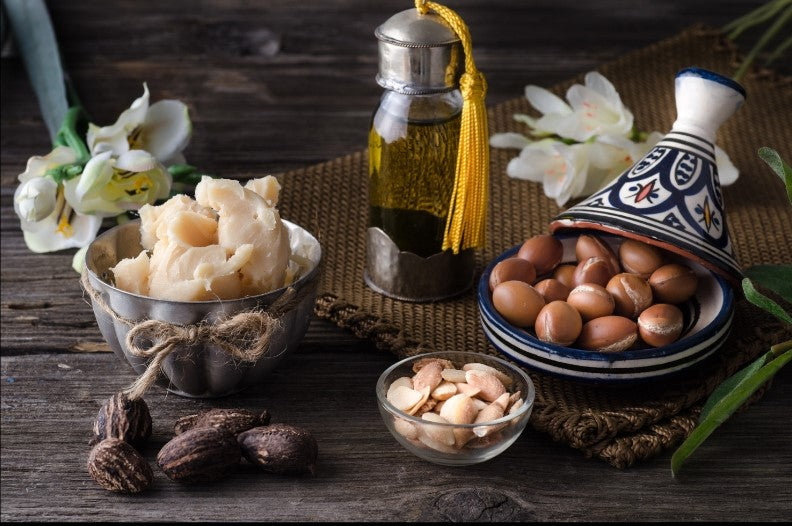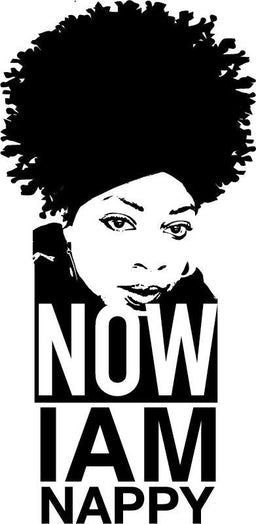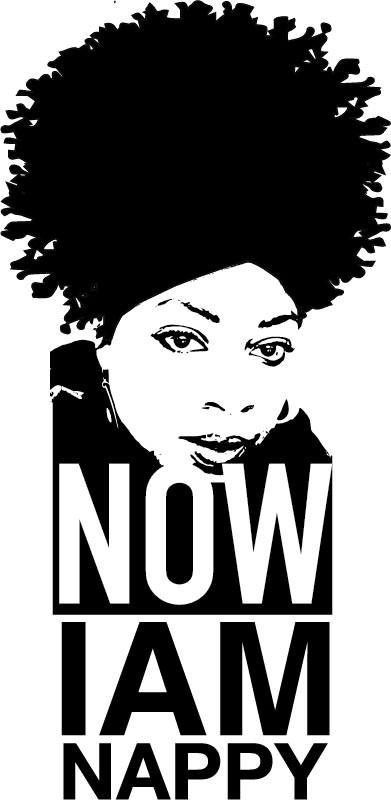
Shea butter has become extremely popular in the cosmetic and beauty industries. It can be found in shampoos, conditioners, leave-ins, skin and anti-aging creams. People rage about all the benefits, claiming it will moisturize their hair and skin, reduce dry skin and eczema, fight off blemishes, age spots, sunburn, and even wrinkles. But, does shea butter really work? Let’s look at the origin of shea butter and examine whether there are any scientific claims to match these reports.
What is Shea Butter?
Shea butter is extracted from the kernels of the shea tree (Vitellaria paradoxa), the nuts are boiled or roasted until a kernel is left behind which is then ground into a paste to make shea butter. The Shea tree is native primarily to West Africa in such regions as Cameroon, Congo, Ghana, Nigeria and South Sudan. Shea kernels are rich (about 90%) in fatty acids composed of triglycerides with oleic, stearic, linoleic, and palmitic fatty acids, as well as unsaponifiable compounds. (1) These unsaponifiable (lipids or fats that cannot be hydrolyzed) compounds (triterpenes, tocopherol, phenols, and sterols) are important for use in the cosmetic industry for some of the medicinal properties noted earlier such as anti-inflammatory and antioxidant use.
What Does the Research Say?
Unfortunately, there was very limited research on the effects of shea butter in conjunction with its benefits on skin and hair. I will focus on the four clinical trials relating to skin and use some of our previous knowledge on the structure of hair to understand why shea butter is readily used in the cosmetic industry.
What does the research say about shea butter’s moisturizing properties? While there has not been a study directly answering this question, let's examine some facts about shea butter and about the structure of our hair. We just learned that the shea kernel consists of about 90% fatty acids, let’s consider how this is important in moisturizing our hair. Previously we learned that hair consists of keratin, lipids, minerals, and water. Focusing on the lipids, the chemical structure of hair consists of triglycerides, waxes, phospholipids, cholesterol, and fatty acids. Why is this important? Because these lipids surround and protect our hair, hair strands that lack a lipid layer easily dry out and become damaged.
Now, if a product were to moisturize our hair what should it include? A moisturizer would involve repairing the hair or skin’s barrier, retaining and increasing water content, and restoring the lipid barrier’s ability to attract and hold water. Since the shea kernel consists mainly of the fatty acids that are contained in the lipid bilayer of the hair, the cosmetic industry continually uses shea butter as the active component of moisturizers.
Regarding its use for eczema, in one study conducted in Hong Kong, children were given a shea butter-based cream and cleanser. The results were positive and shea butter was effective in managing their atopic dermatitis. In another study, shea butter was used as an anti-inflammatory agent. Though the results indicated a reduction in their skin condition, other reagents were used in conjunction with the shea butter. This study was not conclusive upon which ingredient effectively healed their atopic dermatitis. Another study looked at the use of dimethicone and shea butter cream on eczema patients. The results were a significant improvement in their skin condition as well.
The use of shea butter as sunscreen has some research, but still inconclusive on the evidence of the actual quantity of blocked UV rays. One of the main constituents of shea butter’s unsaponifiable fraction, triterpene alcohol, is known to have a strong absorbance of UV radiation and was said to increase absorption of UVB radiation. However, the effectiveness of the triterpenes is still being investigated because other studies have indicated that it only provides SPF protection of 3-4.
So is it worth the Hype?
While research might not have caught up with the shea butter craze, the cosmetic industry and many of us naturals continue to use and see the benefits of shea butter in our regimen. Personally, I use shea butter to seal my hair and use it on my skin to help moisturize and heal my eczema. I’ll continue doing so, so long as my hair and skin continue to benefit from its use. Does you use shea butter in your regimen?


